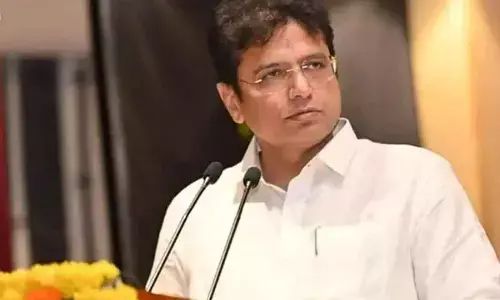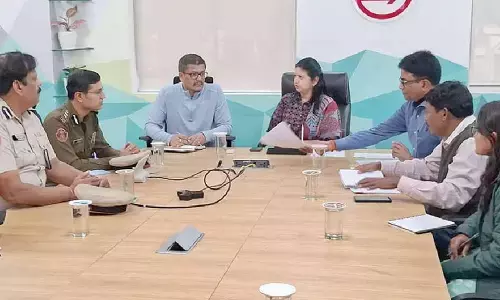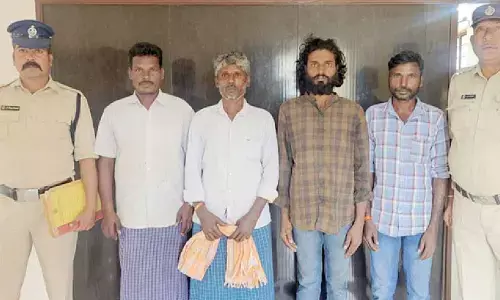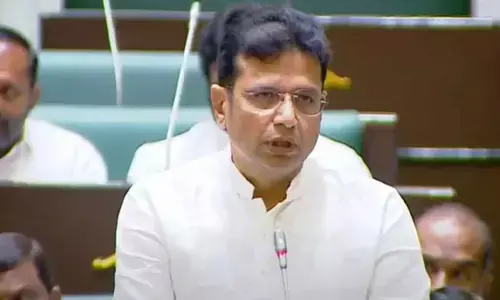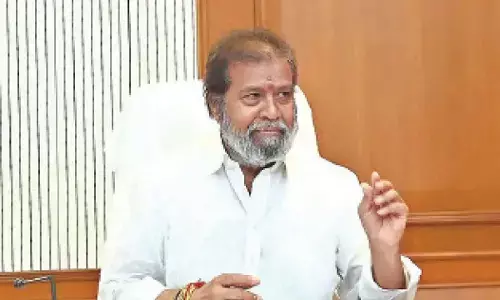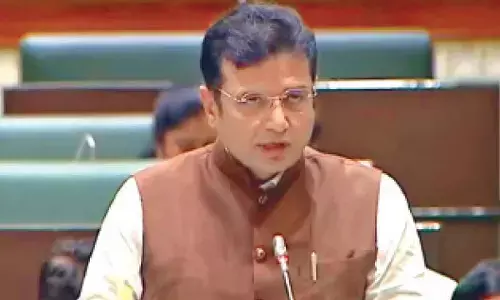Farmers Protest at Shambhu Border: Tear Gas, Injuries, and Political Tensions
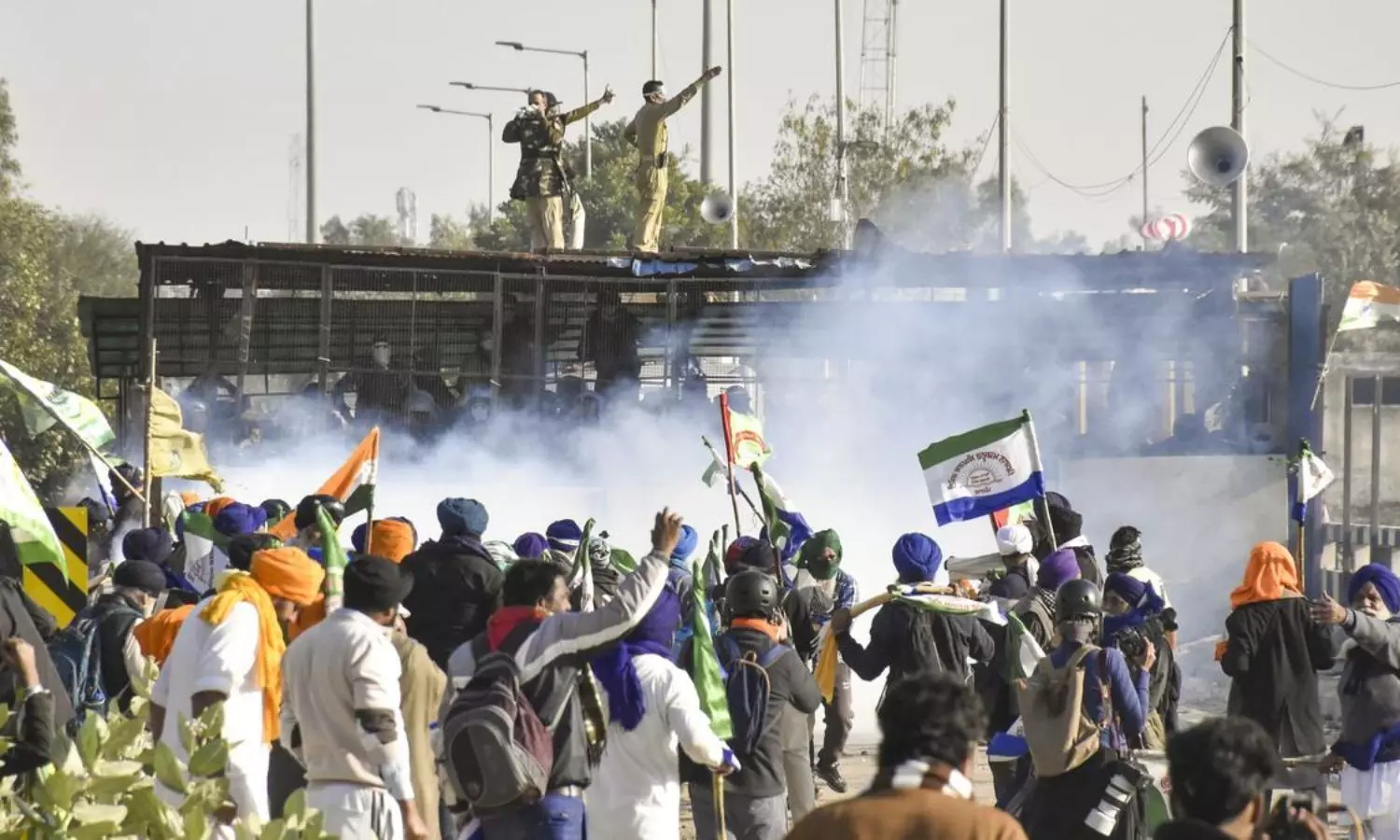
Farmers protesting at Shambhu Border for MSP and other demands were halted by police using tear gas, injuring 8. The protest, part of the 'Dilli Chalo' march, was temporarily suspended. Farmers vow to resume the protest, giving the government 24 hours to engage in talks.
Farmers marching to Delhi on Friday, demanding legal guarantees for Minimum Support Prices (MSP) and other key agricultural reforms, were forced to temporarily suspend their protest following clashes with police near Shambhu border on National Highway 44, which connects Punjab and Haryana. The protest was part of a larger ‘Dilli Chalo’ march organized by farmer groups such as the Samyukta Kisan Morcha and Kisan Mazdoor Morcha.
According to reports, police used tear gas to disperse the protesters, resulting in injuries to eight individuals, two of whom were critically wounded. Farmer leader Sarwan Singh Pandher condemned the police action, claiming the protest had been peaceful.
The protest was driven by a list of demands, primarily a legal guarantee for MSP, loan waivers for farmers, and protections against rising electricity tariffs. The demand for a statutory MSP has been a central issue for farmers since 2020 when protests erupted over the government's agricultural policies. Farmers argue that MSPs, which are intended to protect them from volatile crop prices, should be legally binding.
Farmer leader Sarwan Singh Pandher expressed frustration over the treatment of farmers, especially from Punjab and Haryana, who he said played a crucial role in ensuring the country’s food security. He also indicated that the march would resume on Sunday, allowing the government 24 hours to initiate talks.
Visuals from the scene showed a tense standoff at a police barricade. In one video, tear gas smoke enveloped the protesters, who were seen retreating. An elderly protester, overcome by the gas, was attended to by fellow farmers. Other footage showed farmers breaking past a section of barriers and gathering outside a police barricade.
In response to the protests, Union Agriculture Minister Shivraj Singh Chouhan reiterated the government’s commitment to MSP in Parliament, claiming that all farmers' produce would be purchased at MSP, dismissing concerns raised by the opposition. He also took aim at Congress for their reluctance to implement recommendations from the MS Swaminathan Commission, which called for farmers to be paid 50 per cent more than the cost of production.
Ahead of the march, authorities in Ambala imposed a temporary suspension of mobile internet and bulk messaging services, effective until December 9, in anticipation of the large-scale protest. Local officials also imposed restrictions on public gatherings, closed schools, and banned assemblies of more than five people.
The ongoing farmers’ protests are not only a push for economic relief but have also taken on a political dimension, with opposition parties aligning with the farmers' demands. Vice President Jagdeep Dhankhar recently questioned the government’s failure to fulfill promises made to farmers, adding further pressure on the ruling party.








